21.12.2023
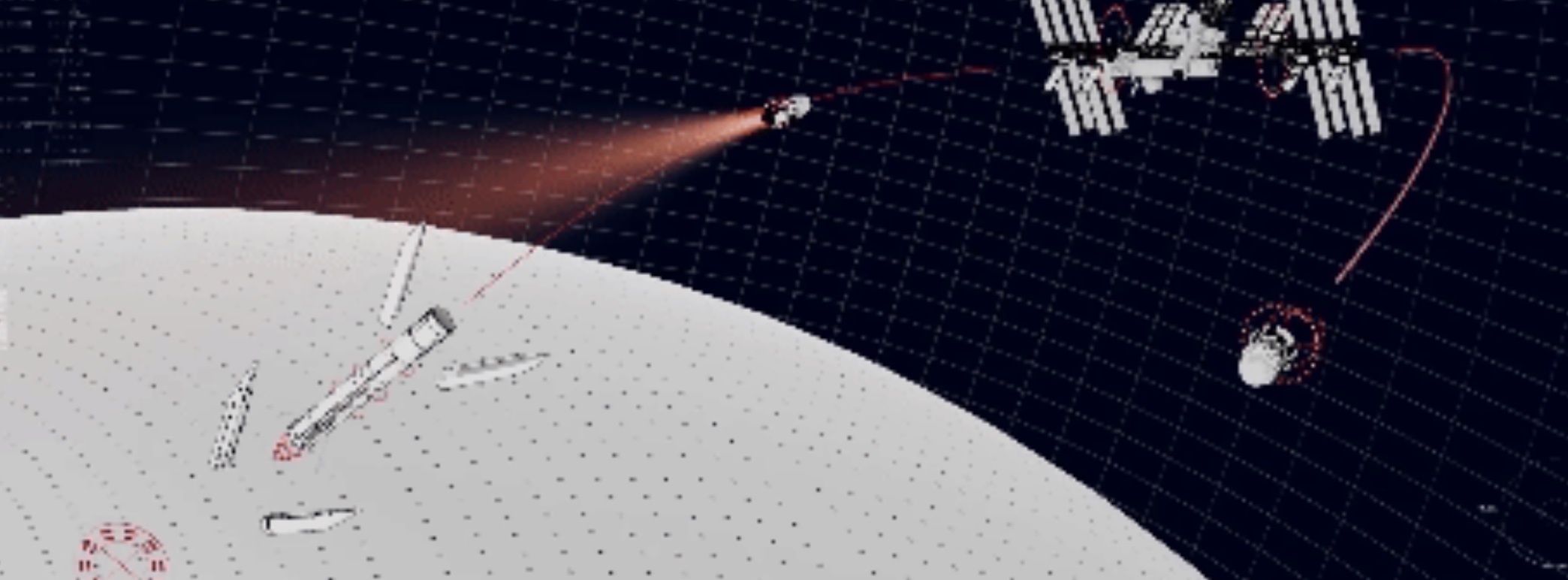
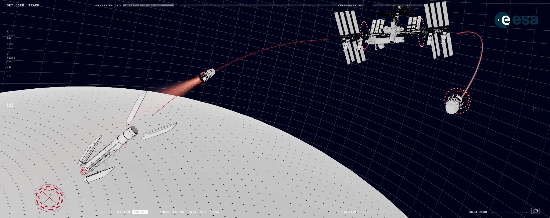
ESA is launching a competition which initiates a first phase of activities for European companies to eventually demonstrate a complete cargo delivery service to and from space stations in low-Earth orbit by 2028.
At the recent Space Summit, Member States agreed to launch a new competition for European companies, who will propose a first step towards a cargo service to and from space stations in low-Earth orbit. In this first phase, selected companies will be asked to carry out all activities necessary to enabling a first flight demonstration to the International Space Station by 2028; this should be part of the ESA Director General’s proposal at the next ESA council at ministerial level in 2025, where representatives of the Agency's Member States make decisions on the entirety of ESA’s programmes.
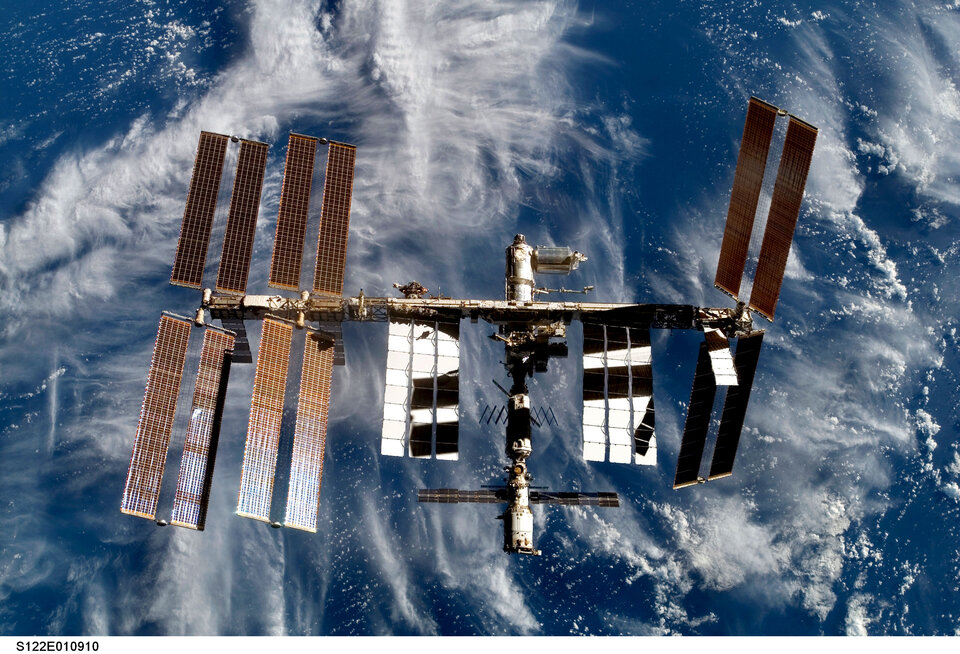
Today, Europe relies on its international partners to bring its cargo and crew to space via a bartering system. In the past, ESA provided the Automated Transfer Vehicle (ATV), which has delivered over 30 000 kg of cargo to the International Space Station between 2008 and 2015; this, as well as other contributions including Columbus, the European laboratory on the Station, enabled European astronauts to fly regularly to low-Earth orbit. The ATV's design is the basis for the European Service Module (ESM), which propels the crewed Orion spacecraft during NASA's Artemis missions; the multiple ESMs required for the Artemis missions, as well as significant contributions to the Gateway will support the acquisition of current and future European astronaut flights and more.
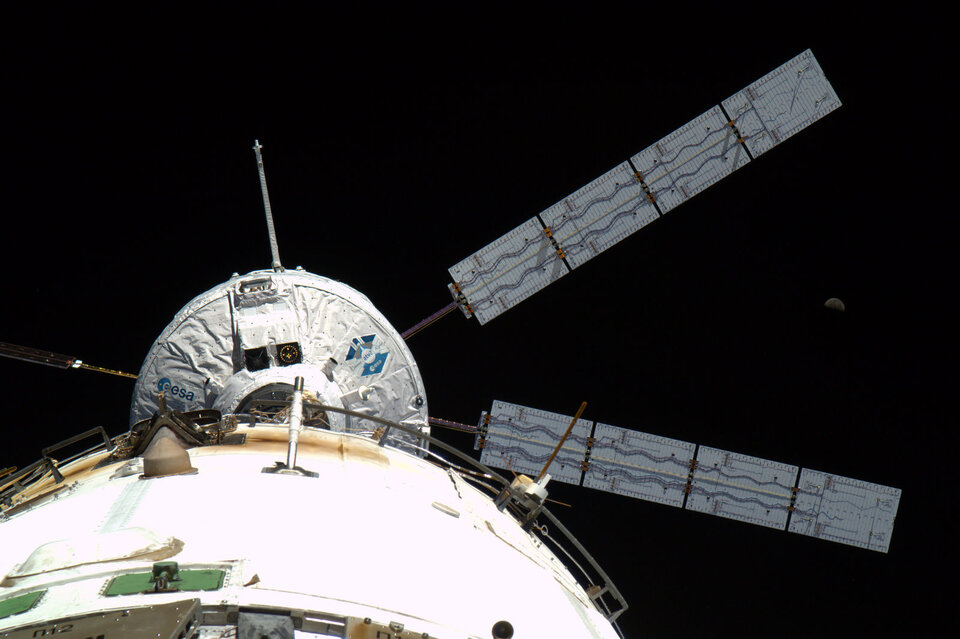
However, the space exploration landscape is changing, with increasing commercialisation in low-Earth orbit. In the next decade we expect the development of privately-owned space stations, rather than institutionally-owned such as the International Space Station. Without a meaningful element for bartering, ESA would have to buy a ticket to space in cash to continue our presence in low-Earth orbit, rather than developing industrial expertise in Europe to do so.
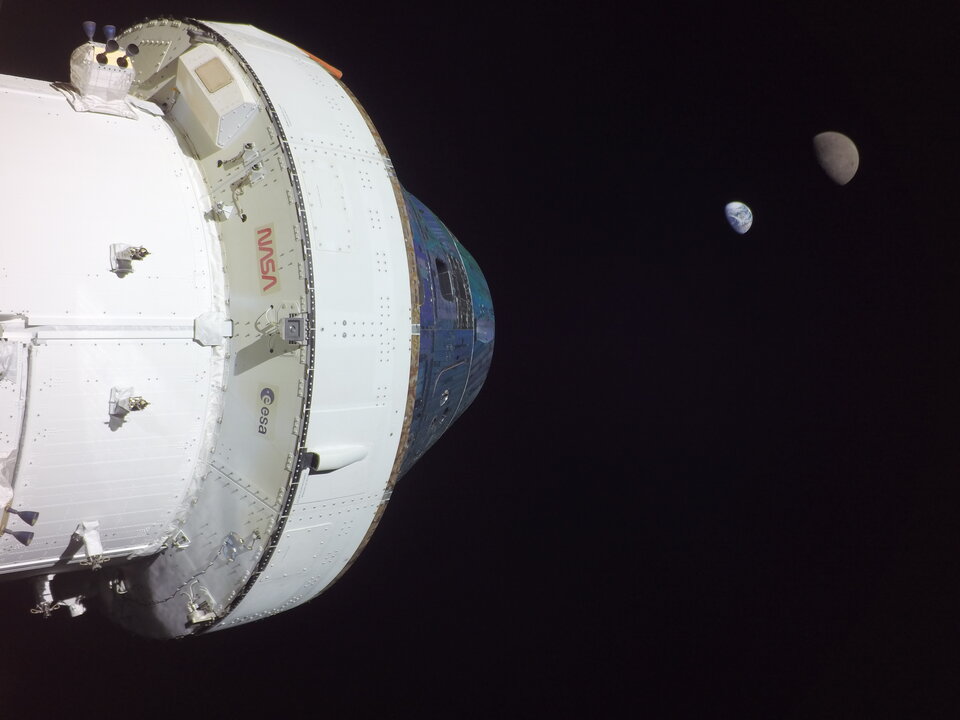
With this new initiative, European industry will develop a way to bring cargo to and from space stations in low-Earth orbit before the end of this decade, providing Europe with access to space, further bartering prospects, and the opportunity for European industry to develop commercial services for cargo transportation to low-Earth orbit on the global market. This cargo service could also become a stepping stone to develop one day a crew transportation to low-Earth orbit and possibly a cargo return capability from the Gateway. This opportunity is a first step in ESA’s renewed ambitious space exploration programme supporting Europe's continued journey to low-Earth orbit and beyond to the Moon and Mars.
Quelle: ESA
